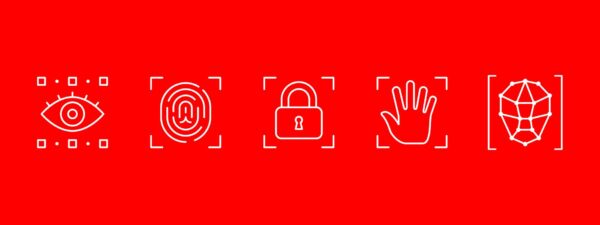The Core Infrastructure Initiative (CII), a project managed by The Linux Foundation that collaboratively works to improve the security and resilience of critical open source projects, announced Tuesday that Thales is joining as a new gold member. The CII’s mission is to ensure that the open source code that underpins business is secure and resilient. Many of large technology companies already belong to CII, and Thales is the first global security business to join the initiative.
CII is a multimillion-dollar project that funds and supports critical elements of the global information infrastructure. It is organized by The Linux Foundation and supported by Amazon Web Services, Adobe, Bloomberg, Cisco, Dell, Facebook, Fujitsu, Google, Hitachi, HP, Huawei, IBM, Intel, Microsoft, NetApp, NEC, Qualcomm, RackSpace, salesforce.com, and VMware. Moving beyond funding projects, CII is introducing pre-emptive tools and programs to help the open source ecosystem and the companies who support it deploy secure coding practices.
With 64,000 employees in 56 countries, Thales reported sales of €14.9 billion in 2016. With over 25,000 engineers and researchers, Thales has a unique capability to design and deploy equipment, systems and services to meet the most complex security requirements. Its international footprint allows it to work closely with its customers all over the world.
The computing industry has increasingly come to rely upon shared source code to foster innovation. But as this shared code has become ever more critical to society and more complex to build and maintain, there are certain projects that have not received the level of support commensurate with their importance. As the CII witnessed with the Heartbleed crisis, too many critical open source software projects are under-funded and under-resourced. For instance, the OpenSSL project has in past years received about $2,000 per year in donations.
Thales offers advanced data security solutions and services, delivering trust wherever information is created, shared or stored. It is recognized for its deep information and cryptographic security expertise that enables organizations to confidently accelerate their digital transformation. Thales technology is found right across the enterprise, in financial services, retail, healthcare and government and secures more than 80 percent of debit card transactions globally.
Thales e-Security, part of Thales Group, ensures that company and government data is secure and trusted in any environment – on premise, in the cloud, in data centers and in big data environments – without sacrificing business agility. Security doesn’t just reduce risk, it’s an enabler of the digital initiatives that now permeate our daily lives – digital money, e-identities, healthcare, connected cars and with the internet of things (IoT) even household devices.
Thales protects and manages its data, identities and intellectual property and meet regulatory compliance – through encryption, advanced key management, tokenization, privileged user control and meeting the highest standards of certification for high assurance solutions. Security professionals around the globe rely on Thales to accelerate their organization’s digital transformation.
“CII is incredibly excited to see our membership base expand and add a security-focused company like Thales, which has a vast understanding of the complex information technology demands we face in today’s digital world,” said Nicko van Someren, CII Executive Director. “Its investment validates the importance of CII and is a great vindication of our work to security harden open source infrastructure to combat today’s complicated threat landscape.”
“Thales has implemented open source building blocks and standards both internally and for customers for two decades,” said Jon Geater, Chief Technology Officer at Thales e-Security. “Open Source in general and Linux in particular have become core to delivery of modern products and system, offering distinct utility, cost and performance advantages that we increasingly leverage to solve real-world problems. By joining CII we can bring our expertise and focus on security to bear on strengthening core open source infrastructure and working to eliminate the security weaknesses that can emerge from less well maintained or directed inclusion of Open Source technology into products and infrastructure in the Cloud and IoT era. This shared vision of Thales and the Linux Foundation is critical to Thales’s strategic development objectives, our ability to serve our customers, and to improving the state of the Connected World more generally.”
Last year, The Core Infrastructure Initiative (CII) invested in the Open Web Application Security Project Zed Attack Proxy project (OWASP ZAP). This testing tool helps developers automatically find security vulnerabilities in web applications during development and testing. Both easy to use and freely available, it appeals to a range of users with varying security knowledge, even first-time testers.
OWASP ZAP joins projects like OpenSSL, OpenSSH, NTPd and other fundamental projects CII and its members invest in to encourage software development best practices and secure coding processes.




